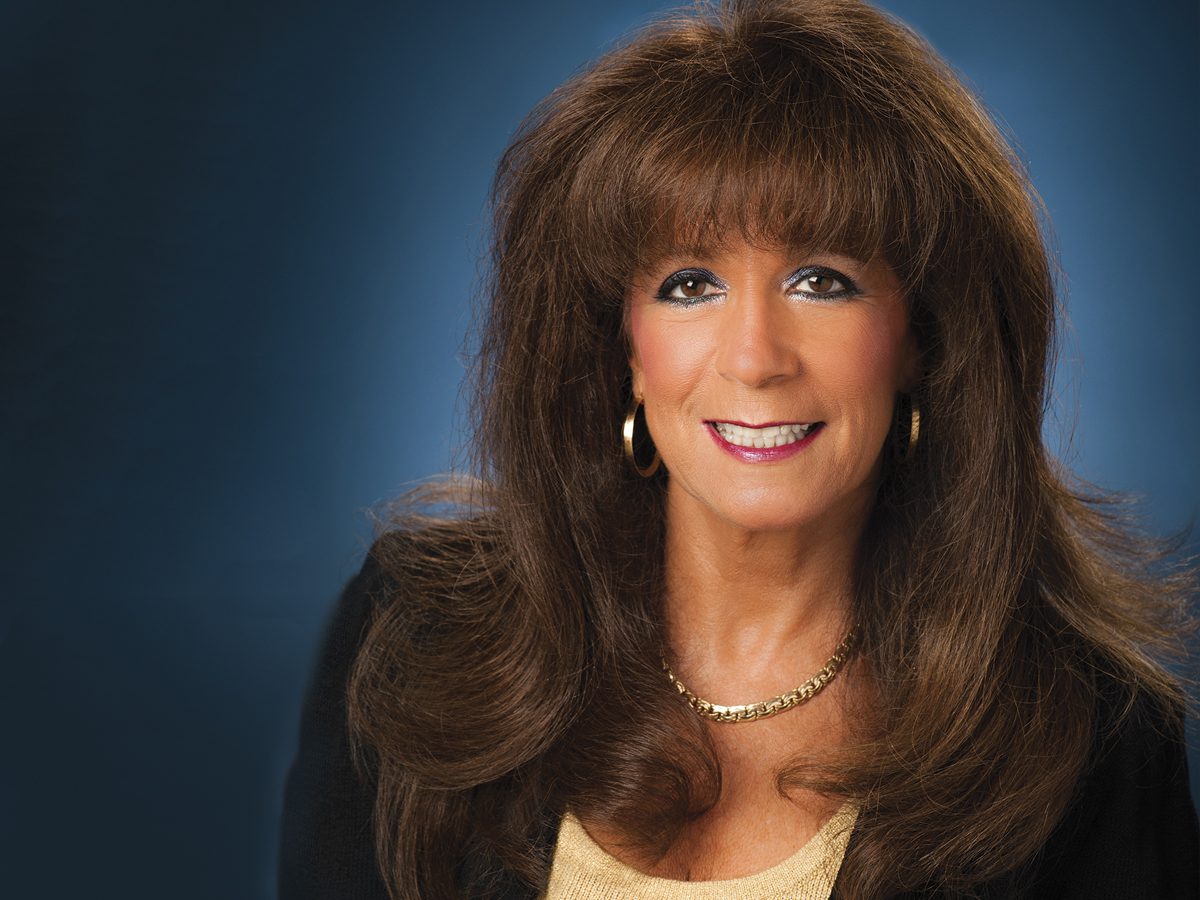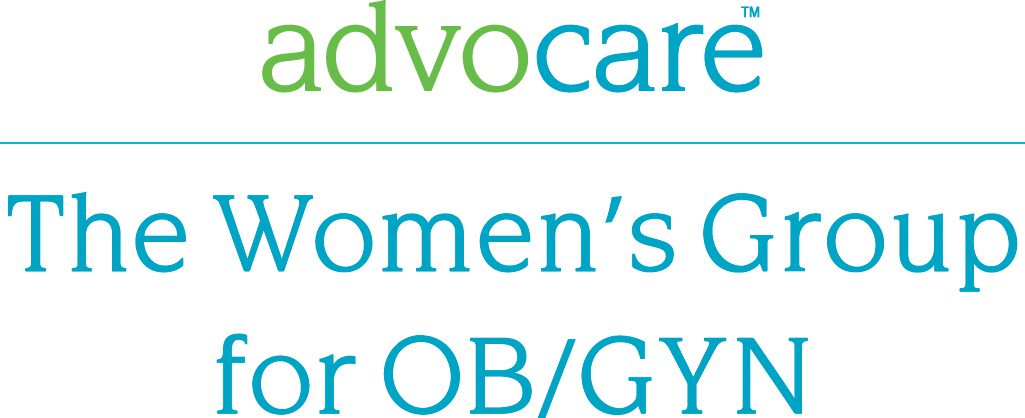Wendy Martinez, MD, FACOG, NCMP
Leading the field in menopausal care
When you’re 13, someone sits you down to explain why your body is changing. But when you’re in your 40’s and 50’s – not so much. Wendy Martinez, MD, FACOG, NCMP wants to change that.

Wendy Martinez, MD, FACOG, NCMP
Founder, Advocare The Women’s Group for OB/GYN
“The change of life is something that no one wants to talk about – and if they do, it’s in whispers,” says the founder of Advocare The Women’s Group for OB/GYN. “But it’s something every woman will go through, so instead of pretending it’ll never happen, we should embrace this change and learn how to manage the symptoms.”
Menopause is when a woman does not have a period for 12 consecutive months. It comes, on average, around 51 years old, but it can happen as young as 40 and as old as 58. But despite that, most women will already have the symptoms by the time they realize what’s happening, Dr. Martinez says.
“It’s a shame, because ‘menopause’ shouldn’t be a bad word,” she says. “When you have a physician to guide you through it, you can manage your symptoms in ways that make the change much less scary.”
In fact, Dr. Martinez believes in menopause education so much that she has been a member of The North American Menopause Society (NAMS) for more than 25 years, one of only a handful of members from New Jersey. She is a NAMS-certified menopause practitioner.
“Menopause shouldn’t be a bad word. When you have a physician to guide you through it, you can manage your symptoms in ways that make the change much less scary…This has been my lifelong passion.”
It was early in her career when she discovered that few doctors – male or female – knew much about menopause despite the fact that all women will eventually go through it.
After graduating with honors from Temple University School of Medicine and completing her residency at Albert Einstein Medical Center in Philadelphia, where she served as Chief Resident, Dr. Martinez joined an all-male OB/GYN practice in Southern New Jersey in 1987. She quickly realized that many patients being treated by her male partners would book a separate appointment 1 week later to discuss issues they were too embarrassed to talk to her male colleagues about.
“A lot of women are just more comfortable discussing their reproductive and sexual issues with a female doctor,” she says.
These observations led her to leave that practice and start the first all-female Obstetrics and Gynecology practice in the area in 1991. There, she concentrates on womens’ health issues and education from every stage of life: from a woman’s first period through the birth of their children and well past menopause.
“Women need the right information to make informed choices concerning their health,” Dr. Martinez says. “This has been my lifelong passion.”
That’s especially important when it comes to menopause because so many symptoms aren’t immediately noticeable, she says, and the most common symptoms are often underestimated.
“75 percent of women will have hot flashes during menopause and perimenopause, and they can be pretty nasty,” Dr. Martinez says. “It’s not just feeling warm – it can be really rough on women, and they can keep coming back sometimes for up to 10 years.”
The same goes for brain fog.
“A lot of patients even come in thinking they’re going into premature Alzheimer’s,” says Dr. Martinez. “They walk into a room and can’t remember what they are there for. They’re tired all the time. They worry they may lose their jobs to someone younger because they can’t focus. It really is scary.”
Women often get embarrassed that they’re going through this, but it’s a natural change in life, she says.
“There are things that women talk about and things they don’t,” Dr. Martinez says. “Women will share that they’re having irregular periods because that can be caused by so many different things, but they may not want to talk about hot flashes or waking up in the middle of the night sweating, because it can become a stigma of getting older.”
It’s even more important to talk openly about this transition because it can often trigger some serious mental health struggles, like increased anxiety and depression, she says.
“Part of it is medical, as your hormones fluctuate, that can cause your mood to change drastically,” says Dr. Martinez. “But there are other factors too. It’s a time in life when your kids may be going off to college, or you may not be as intimate with your partner as you once were, and that can all compound to make this a really difficult time for women.”
That’s why she says having an all-female team is important – they understand what you’re going through more intimately. Her goal is to change the way women think about menopause.
“Just because it’s part of the aging process doesn’t make it bad,” she says. “I try to educate my patients on how many women are going through this. It can be a very isolating time for women because they don’t want to talk about it, but it doesn’t need to be that way.”

advocarewomensgroupobgyn.com | 856-770-9300

